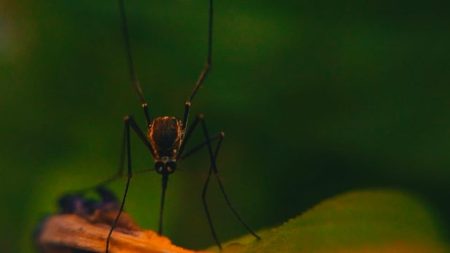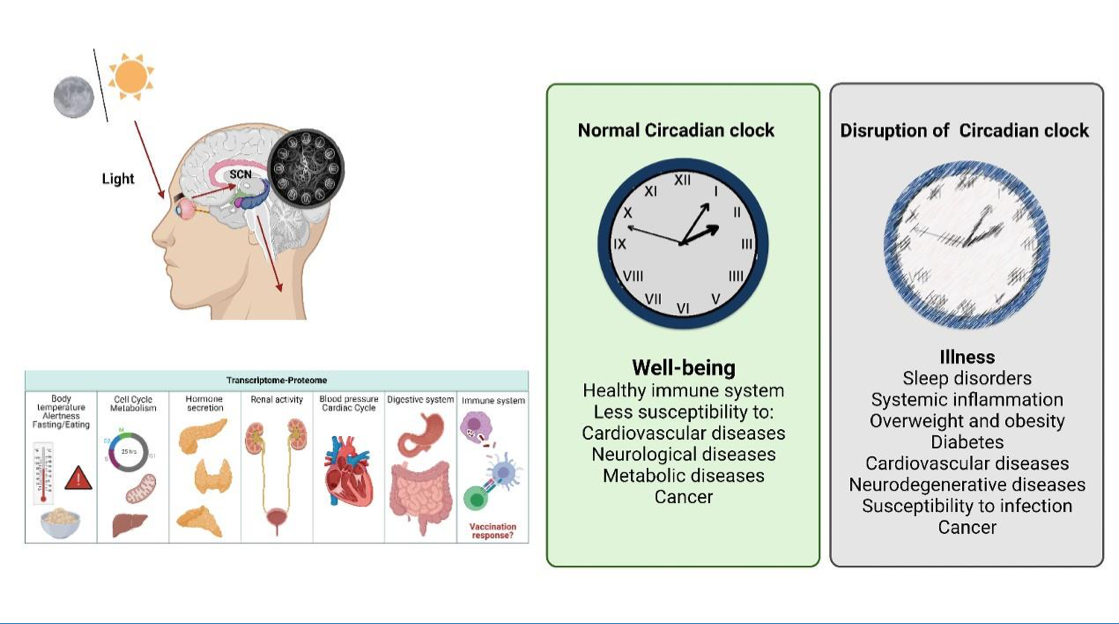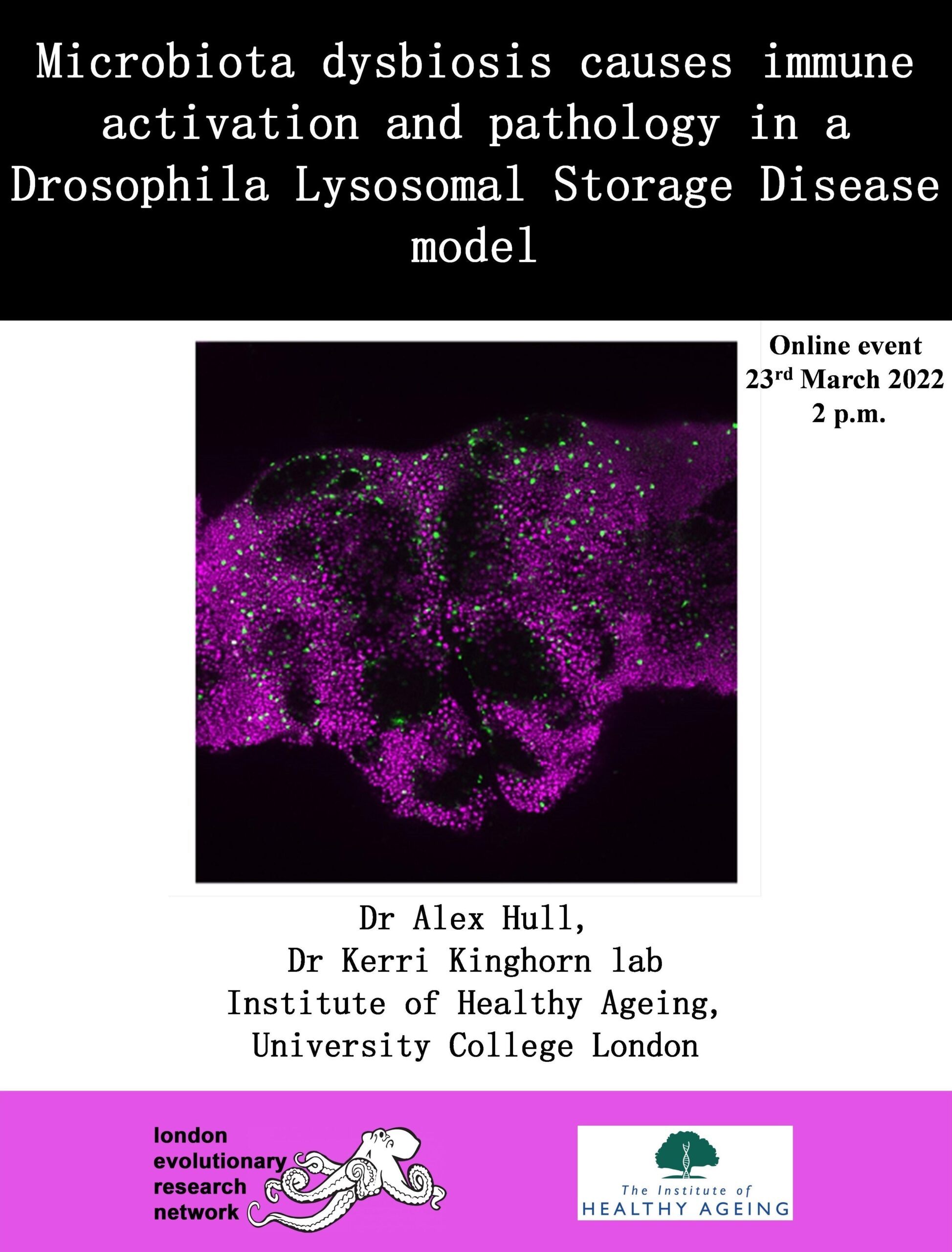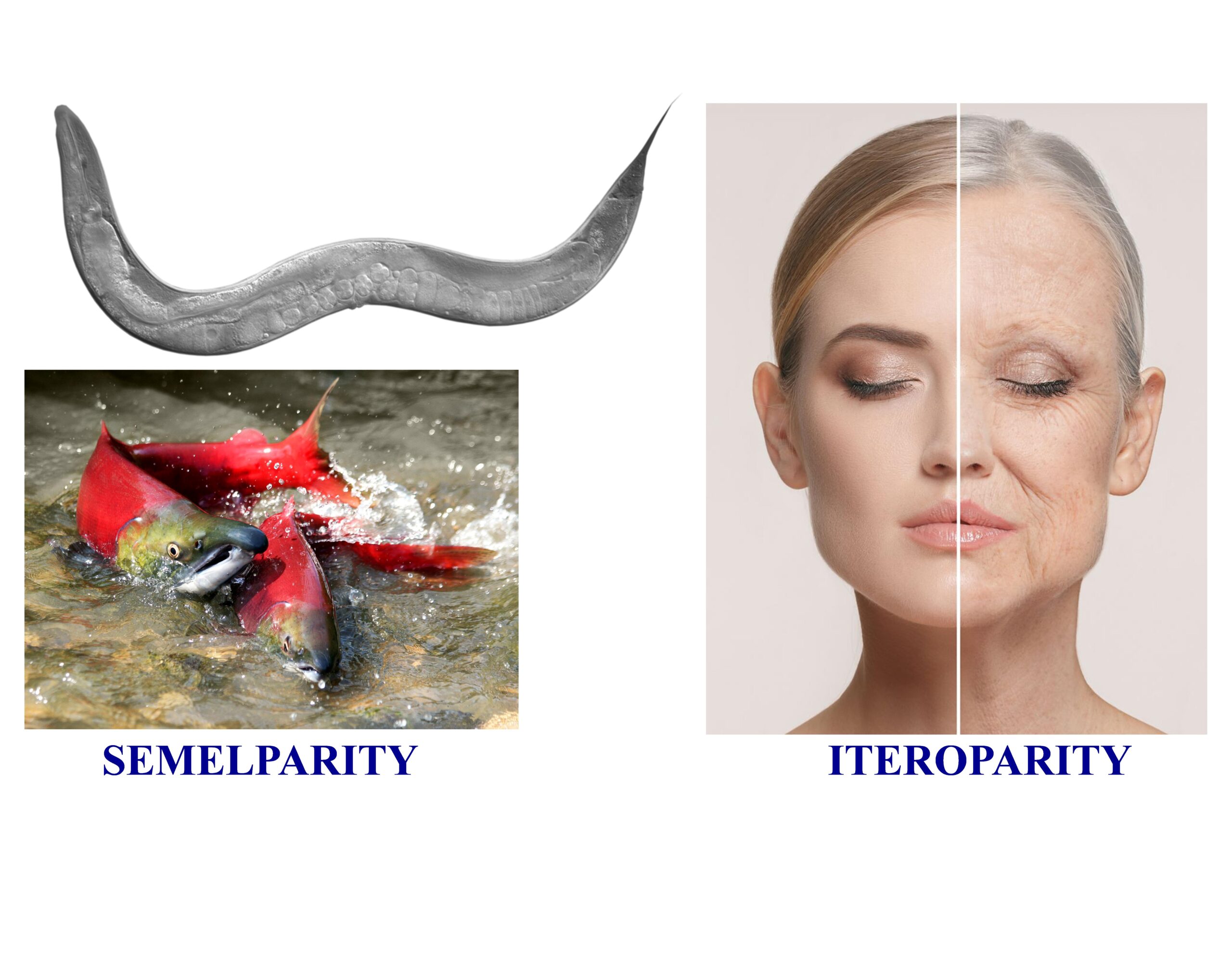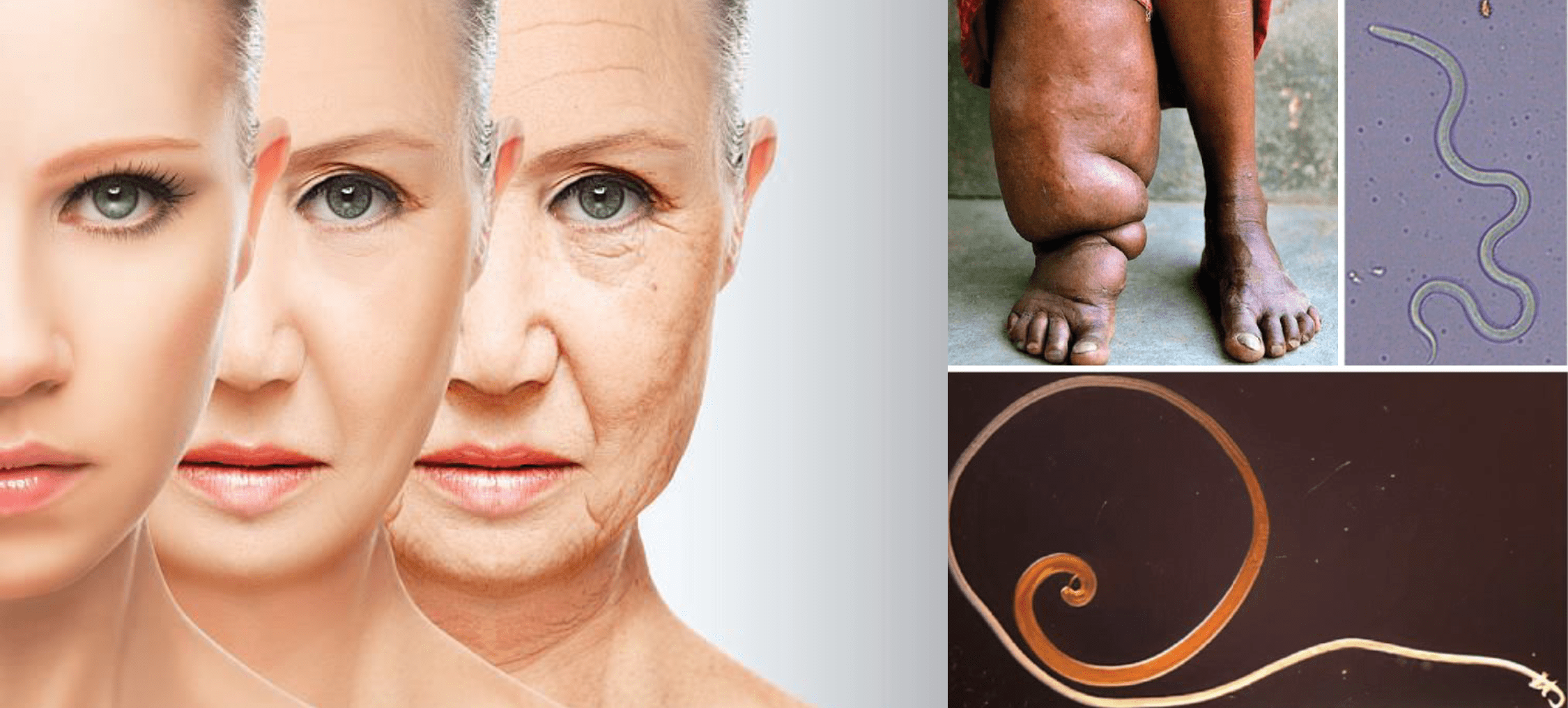‘Mosquito immunity, evolution, and malaria control’
By
Abstract: Genetic manipulation of mosquitoes for malaria control continues to attract much attention (and funding). One idea is to transform mosquitoes with genes enhancing their immune response against malaria (and that can spread though natural populations). Such a strategy can be successful only if natural immunity is low and if the parasite cannot counteract an increased immune response. I will use field observations, experiments and theory to discuss aspects of the evolution of immune responses against parasites that suggest that these prerequisites are not met.
The main idea relies on the distinction between immunity and resistance. Molecular biologists focus on the genes underlying immunity, while malaria control requires resistant mosquitoes. However, immunity and resistance describe fundamentally different characteristics: the immune response is a property of the host, while resistance is the result of an interaction between the host and its parasite. In contrast to evolutionary models (where only the host evolves) co-evolutionary models of the host’s and parasite’s interaction suggest that resistance to malaria depends on the intensity of transmission. If transmission is weak, the host should have a fairly strong immune response, but the parasite should evolve to suppress it. The outcome is an intermediate level of resistance. In areas with intense transmission, co-evolutionary stability is reached when the host has no immunity and there is thus only very little resistance.
Thus, in areas with weak transmission, immune genes are likely to be fairly effective before any attempt at boosting them via genetic manipulation, while in areas with intense transmission, any increase of immunity is expected to lead to a substantial counter-response by the parasite. So that genetic manipulation may be a useful tool for malaria control, mosquitoes should be transformed with other genes than those leading to a better immune response.
Date: 1st April 2008, at 18.00
Location: JZ Young Lecture Theatre, UCL

